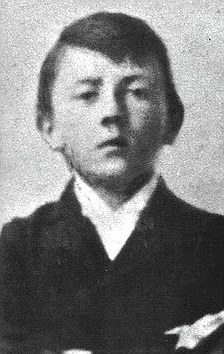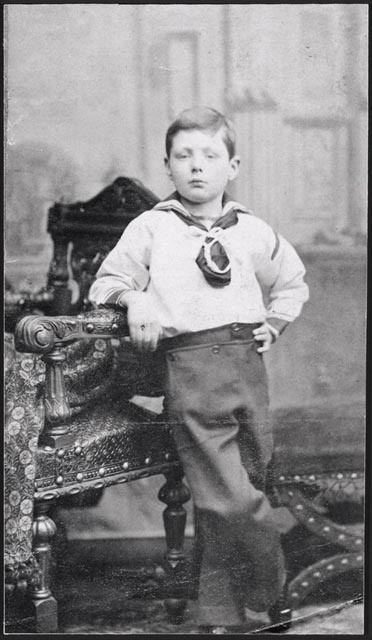The recent use of 'So' at the start of a sentence reminds me of the similar use by Shakespeare of 'Soft' at the start of a sentence.
The word doesn't really carry much meaning, but it does provide a means of breaking whatever train of thought had gone before, and forcing a pause to start a new thought. I likened '
soft' when used like this to the phrase '
but hold on a mo'.
There's a couple of good examples of 'Soft, . . . ' said in this way in
Othello, in his own lines, when switching to a new line of thought.
And then it's used to comic effect in
Twelfth Night during the scene when we laugh at Malvolio's vanity when he reads the letter of fake flattery sent from those who want to ridicule him : he reads from the letter:
" 'To the unknown beloved, this, and my good wishes:'--her very phrases! By your leave, wax.
Soft! and the impressure her Lucrece, with which she uses to seal: 'tis my lady. To whom should this be?"
And then in that most famous Shakesperian speech,
Hamlet's "to be, or not to be", we hear him make his desperate and private contemplation of suicide, but, when he suddenly realises that his love, Ophelia, is also in the room, then he suddenly interrupts his dark thoughts with "Soft you now!" and snaps out of his gloom and changes his entire attitude.
Hamlet does the same in another of his dark and private reflections about killing his mother's new husband, when he suddenly realises that he still loves her, despite hasty marriage to the man who killed his father :
"And do such bitter business as the day
Would quake to look on. Soft! now to my mother.
O heart, lose not thy nature;"
He does it again when his thoughs on death are interrupted by the arrival of his mother's new husband : "But Soft. Here comes the king."
I'm not implying that there is any continuity between the use of 'Soft' at the start of sentences in Elizabethan times with the use of "So" now, but there do seem to be some similarities.




